The misconception of 70:20:10 in Leadership Development
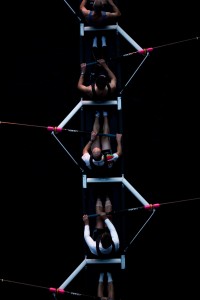 A lot of discussion is currently going on about “Agile Leadership” or “Digital Leadership”. Although there is still a lot of confusion about the terms, it is a lot about transformational leadership, decentralisation, team-orientation, individual initiative and less hierarchical command and control. The more the Generation X,Y,Z is driving the labour market and the more employees get interested and hungry in the “New Way of Working”, traditional managers have a need to develop, if they want to keep up the pace. Therefore Leadership Development is moving to new heights these days. But also Leadership Development must move further to cope with the changes of Leadership and the new way of leading. It is not enough to fill the old formats and styles with new content.
A lot of discussion is currently going on about “Agile Leadership” or “Digital Leadership”. Although there is still a lot of confusion about the terms, it is a lot about transformational leadership, decentralisation, team-orientation, individual initiative and less hierarchical command and control. The more the Generation X,Y,Z is driving the labour market and the more employees get interested and hungry in the “New Way of Working”, traditional managers have a need to develop, if they want to keep up the pace. Therefore Leadership Development is moving to new heights these days. But also Leadership Development must move further to cope with the changes of Leadership and the new way of leading. It is not enough to fill the old formats and styles with new content.
A very common model for current Leadership Development is the so called 70:20:10 model of Learning and Development. It was developed by Morgan McCall, Robert Eichener and Michael Lombardo from the Center for Creative Leadership in North Carolina in the 1990ies. It reflects the experience, that learning consists significantly of doing and experimenting. The model describes the situations, where leaders get their competences from:
- 70% from challenging assignments and daily work
- 20% from developmental relationships
- 10% from coursework & training
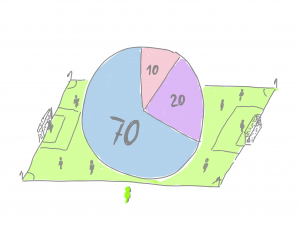 Having this said, this concept doesn’t describe a way of doing leadership development, but more the natural way of learning in business. Nevertheless, this approach is often used as a structure or line of argumentation in LD programs. There is nothing wrong with it, but what I experience very often is that there is a misinterpretation, where HR needs to support in these buckets.
Having this said, this concept doesn’t describe a way of doing leadership development, but more the natural way of learning in business. Nevertheless, this approach is often used as a structure or line of argumentation in LD programs. There is nothing wrong with it, but what I experience very often is that there is a misinterpretation, where HR needs to support in these buckets.
A lot of time and effort is spent in the 10% coursework and training, like tendering and selecting the right partner, aligning the contents and setting up the final workshop. What is often dealt with less energy or even fully ignored are the 90% rest of the learning pie. HR and People Development needs more awareness of these forgotten majority of time, leaders generate their learning experience. But what does this mean in detail? Here some ideas on these aspect:
- HR Development must move from a service organisation, offering workshops and seminars to a real partner of learning for the leadership team. The experts need to use their expertise in psychology, business administration, HR management to facilitate the full learning process and experience of the leadership team. This sometimes needs a significant change in individual mindset of HR, in the management of the HR function and sometimes even a new organisational setup of HR. Working together with HR in these areas as an external consultant can increase significantly the acceptance in the organisation, allowing to show the value creation of the function in a new way. Based on my experience to also increases the motivation and engagement of HR experts to a new high level.
- The 70:20:10 model needs to be reinterpreted in a productive new way. The whole 100% must be seen equally as the target area for HR to facilitate and support the learning and development process of leaders and teams.
- The 10% part needs to focus on interaction and networking and mutual feedback to make the most of the limited time of the participants.
- The 20% part of developmental relationships need to be thought as a longer period of self-learning activities, where online platforms and discussion forums play a significant role. I have a personal experience of more than 20 years of teaching in MBA programs, offline and online. Pure online MBA programs, like the one I am teaching at Athabasca University (Canada) can be a role model on how to work with a group of people totally virtual, encouraging them to learn, explore and develop. Most of the expertise from this areas I still do not see in corporate development programs so far.
- The 70% part of challenging assignments and daily work is the most neglected part so far. Most of the time, standardised services like individual coaching or job rotations and development plans cover this area today. What is needed here from my perspective is a much stronger individualised but joint effort with a very strong conceptual and operational support from HR in combination with external partners. Leaders need to be supported in their leadership teams or in their own teams they are leading in the real life context. We know from behavioural theory, that behavioural change needs quick and short feedback loops and persistent application of new ways of working in the beginning to sustainably change behaviour. Intelligent designs, online and offline are needed to make the change happen and give the leaders the feeling, that they are continuously supported on their way.
Finally, let me give you a metaphor for this from real life: Soccer. If you want to become a good soccer player, it is not enough to stay in the classroom and study theory and game strategy (10%). You need to go out and practice a lot. But no coach would even think about letting you practice only during the important matches. You have training sessions all over the week, with individual workouts, with team exercises and practice of standard situations together with your team mates over and over again. And finally, when you need to perform perfectly, in real matches, you are still not alone. The coach is standing beside you at the side line of the playing field, keeping the overview, giving you immediate feedback and guidance. Yes, you and the team need to bring the performance finally on your own, but the trainer staff is of significant importance. And, by the way, it is not just one person, the lead coach. It is a team of supporting functions with different roles and perspectives that ensure, that players deliver the highes performance when needed.
I would be happy to discuss this topic with you, either online or offline. I am looking forward hearing from you.
Sources:
Wikipedia, 70/20/10 Model (Learning and Development), https://en.wikipedia.org/wiki/70/20/10_Model_(Learning_and_Development), received: 28.2.2018


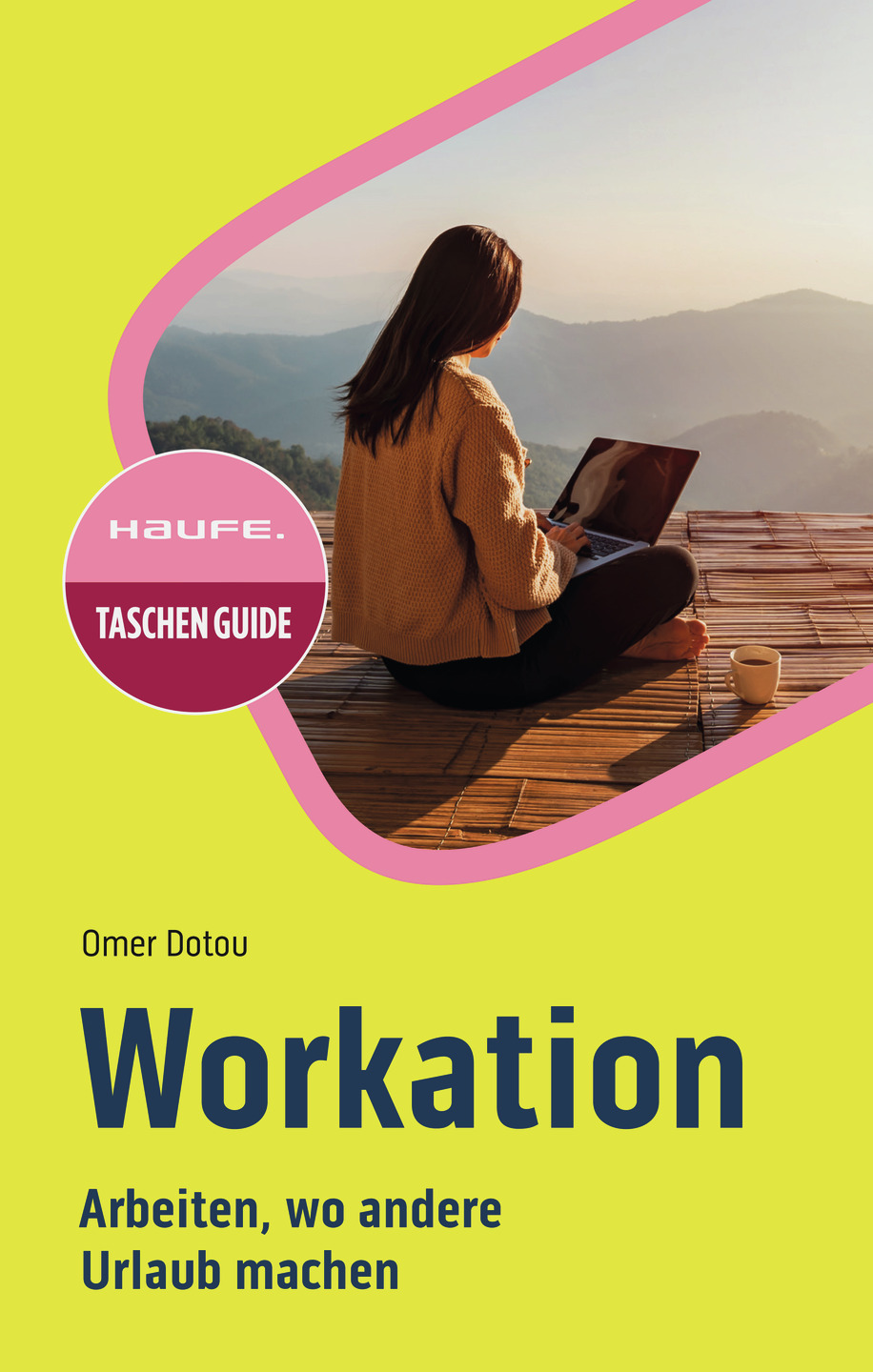
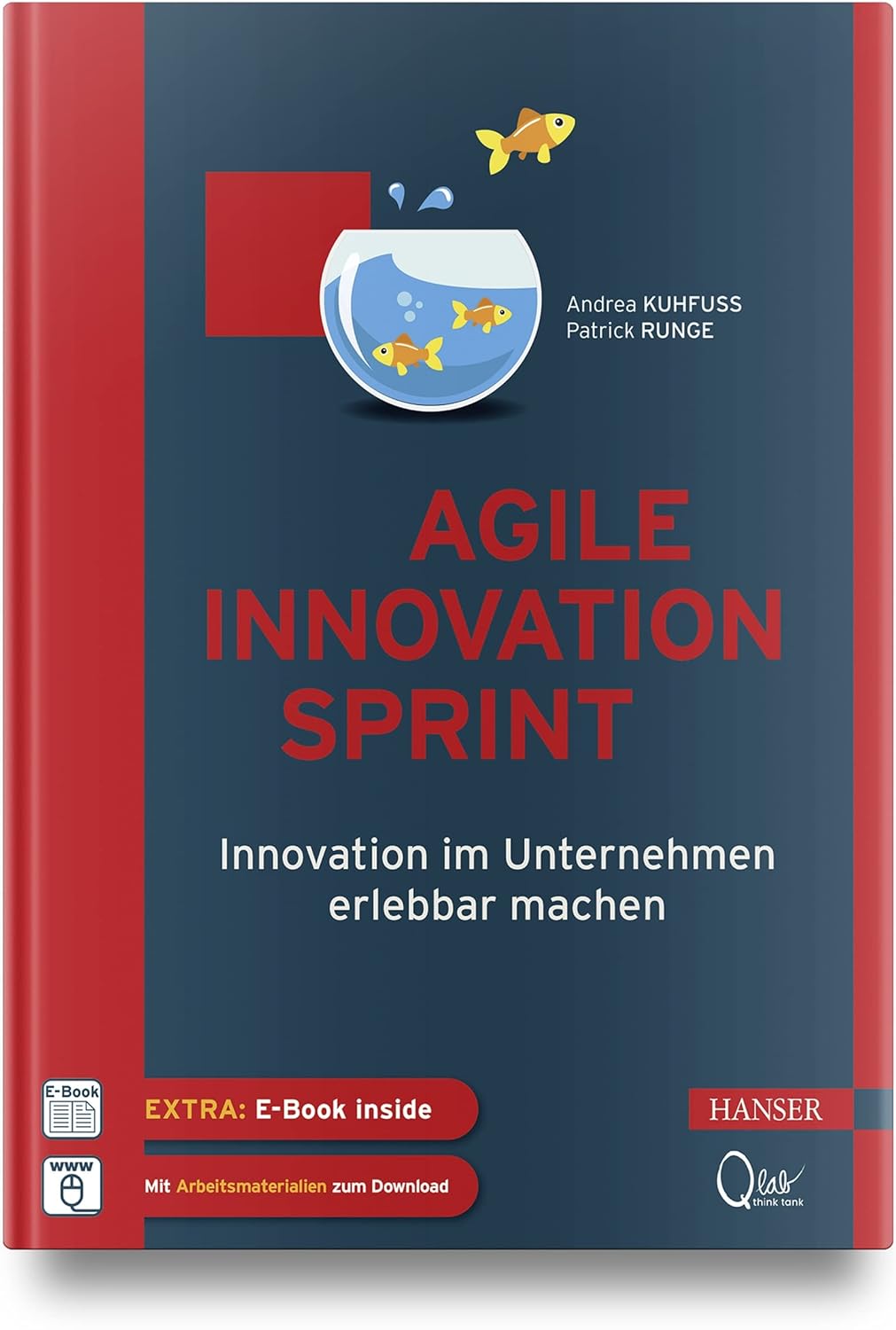
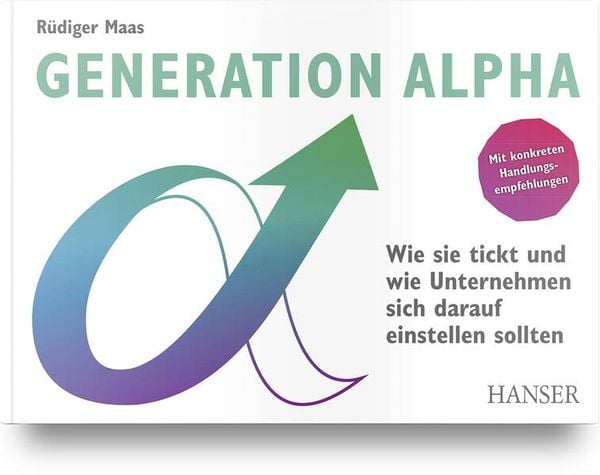

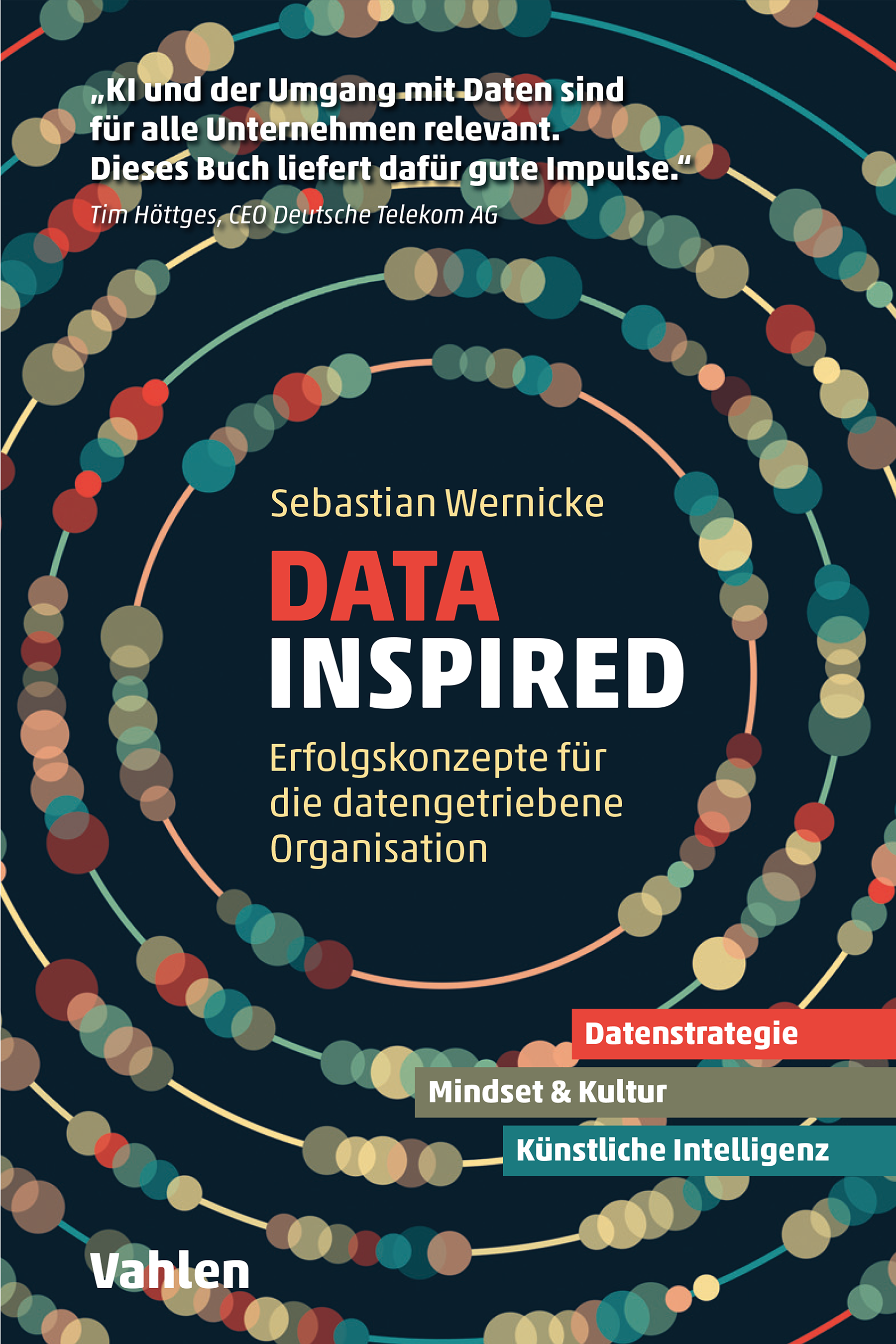
Leave A Comment